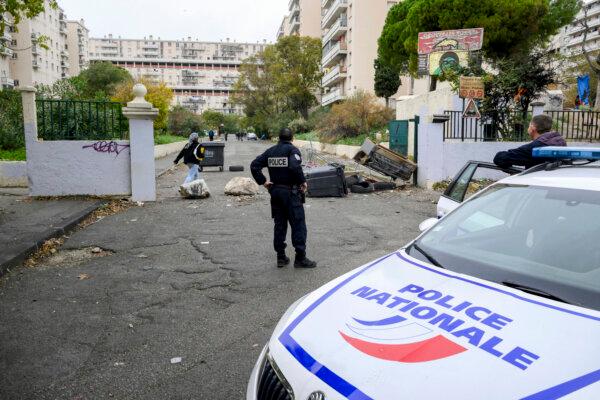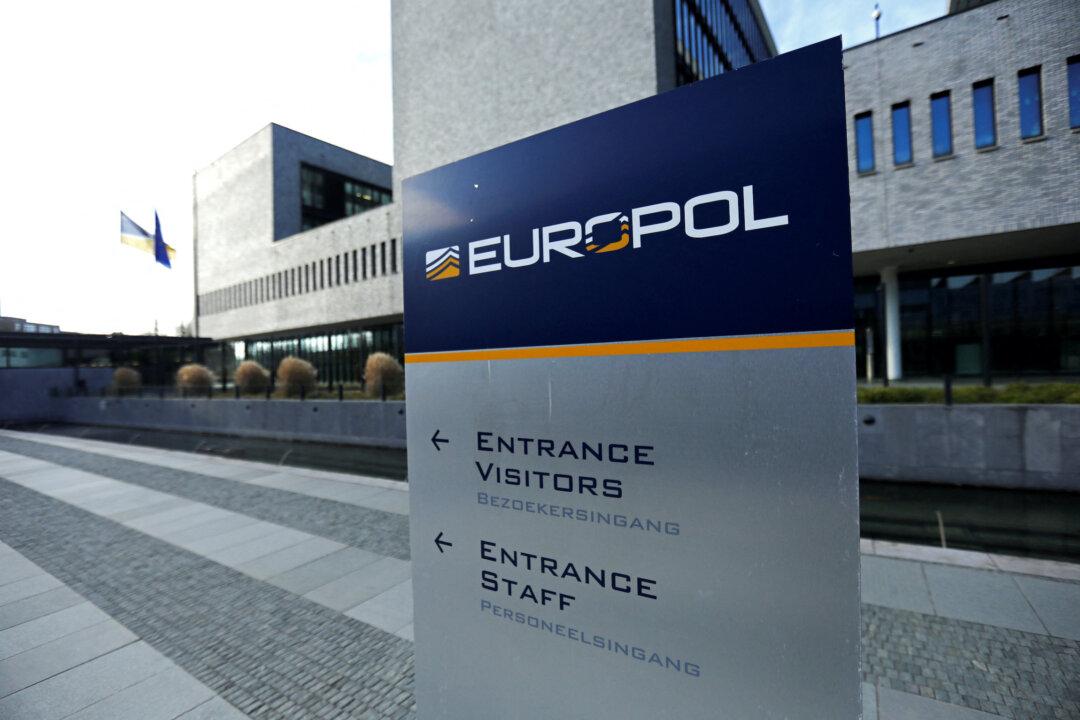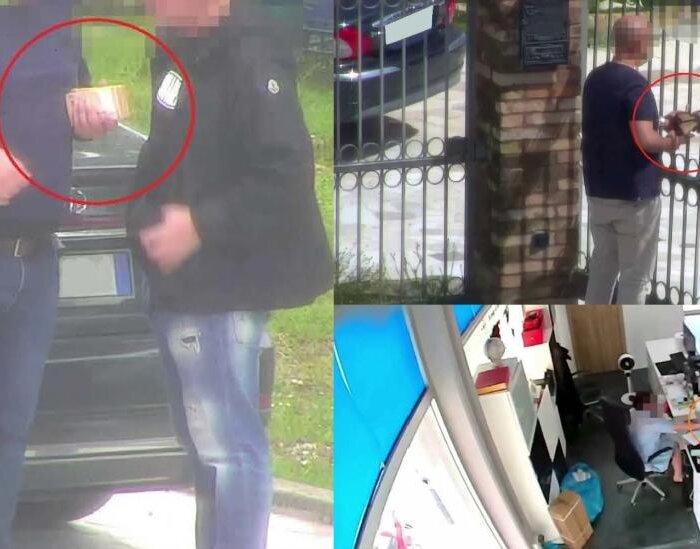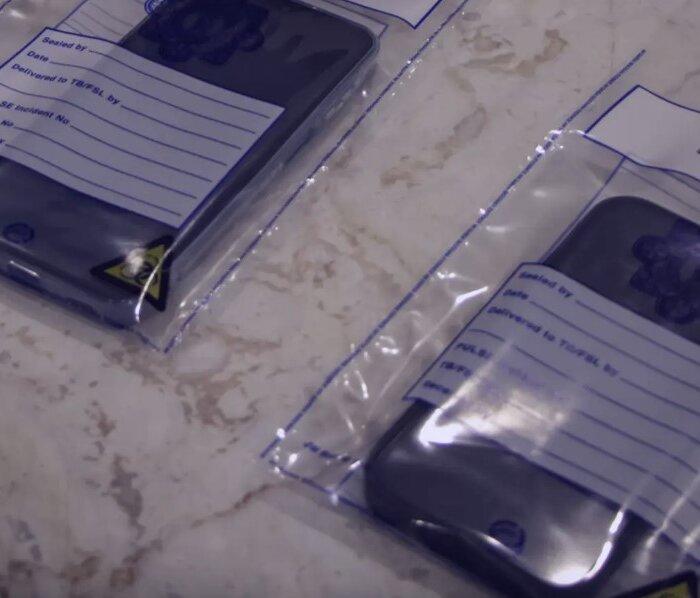Europol has issued an intelligence notification warning of the danger of children being recruited by criminal networks across Europe.
“Social media platforms with encrypted messaging features are abused by criminals so that they can operate with minimal visibility, enabling interactions that leave no digital trace and therefore reducing the risk of detection,” Europol said.
The agency, which is based in the Netherlands, said: “Criminal recruiters often adopt language and communication styles similar to those of social media influencers.
Children ‘Desensitized’ to Risks
Europol said, “By framing these activities as part of a game or competition, criminal networks desensitize minors to the risks and encourage participation without revealing the true nature of the crimes involved.”An online conference on Nov. 9 heard of youths being hired by organized crime gangs in Europe who are working for the Iranian regime.
Matthew Levitt, director of the Reinhard Program on Counterterrorism and Intelligence at the Washington Institute for Near East Policy, told the conference, “The most prominent trend that we see in Europe is the use of criminal cutouts.
“In some cases, they'll hire Eastern European gangs, for example, and those gangs will then hire youths. So in Sweden, for example, Iran hires criminals, who hire kids to lob grenades over the walls of the Israel Embassy.”
On May 30, the Swedish domestic security agency SAPO accused Iran of using established criminal networks in Sweden as proxies to target Israeli interests in Denmark.
“The recruitment of minors into serious and organized crime and terrorism is not a new phenomenon. However, it has increasingly become a tactic used by criminal networks to avoid detection, capture, and prosecution,” Europol said.
“In recent years, this trend has expanded across more countries, with recruitment methods evolving and minors being tasked with violent acts such as extortion and killings.
“Social media posts often glamorize drug dealing, offering minors substantial financial incentives, ranging from a few thousand euros to as much as [20,000 euros ($21,200)] for killings.”
Last month a public prosecutor, Nicolas Bessone, in the French city of Marseille said the situation had reached a “whole other level” after a 14-year-old boy was charged with the murder of a 36-year-old taxi driver, Nessim Ramdane, who was shot in the head.
Killers Hired Online ‘Without Remorse’
Bessone said drug gangs were hiring young boys online to carry out killings “without any remorse or reflection.”In March 2010, Gulistan Subasi, 26, was shot dead at a flat in London by a 15-year-old boy, Santre Gayle, who had been paid just 200 pounds ($255).
The following year, Gayle and a 22-year-old man were convicted of murder and jailed for life after a trial that heard a contract had been put out on Subasi by her ex-partner Serdar Ozbek because of a custody dispute.
“Criminal networks use tailored language, including slang, emojis, and coded phrases, to communicate with minors in ways that are both appealing to them and difficult for outsiders to understand,” Europol said.
Snowflake Emoji Represents Cocaine
Europol said snowflake emojis were used to represent cocaine and trees to signify marijuana.Other terms such as “job opportunity” and “business” were used to disguise criminal behavior, the agency said.
“Sometimes videogames are used as instruction tools for teaching shooting or violent techniques. In some cases, recruiters may even offer rewards for completing specific tasks, enhancing the appeal of criminal involvement and fostering a sense of accomplishment among young participants,” Europol said.

Europol said recent data suggested that children were involved in everything from cybercrime and online fraud to people trafficking and property crime.
However, the agency said the exploitation of children mainly revolves around street drug dealing.
“These criminal networks employ minors, aged on average between 13 and 17, for various roles, including local street dealers, couriers, warehouse operators, drug extractors from shipping containers, and participants in ‘rip-off’ activities,” it said.
Young people were often paid to steal drugs from rival dealers, which put them in great danger, the agency said.
Children were often moved across cities or regions, “limiting their visibility to local law enforcement and decreasing the likelihood of arrest,” it said.







